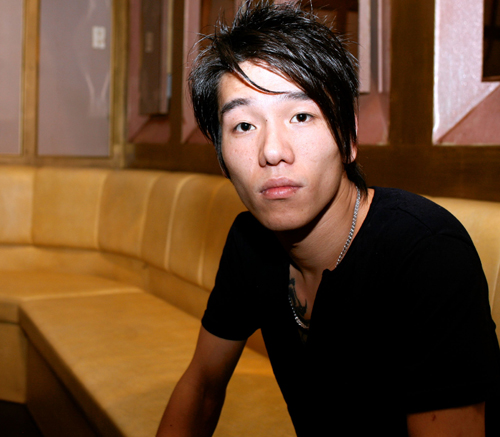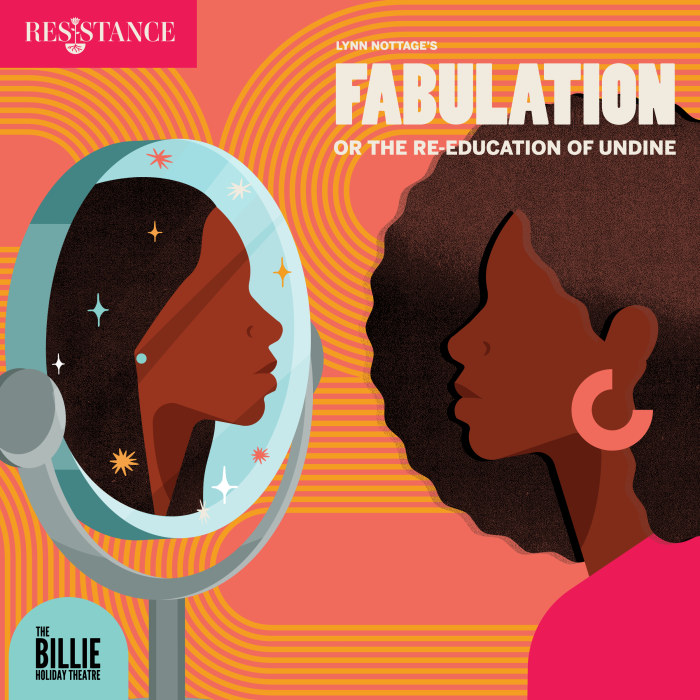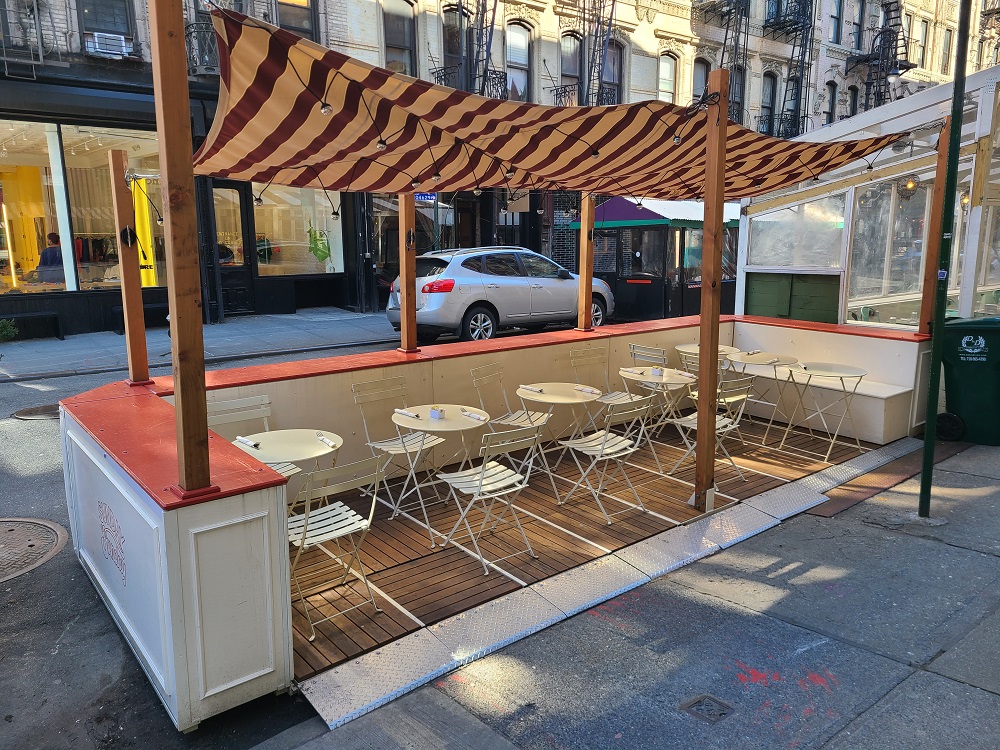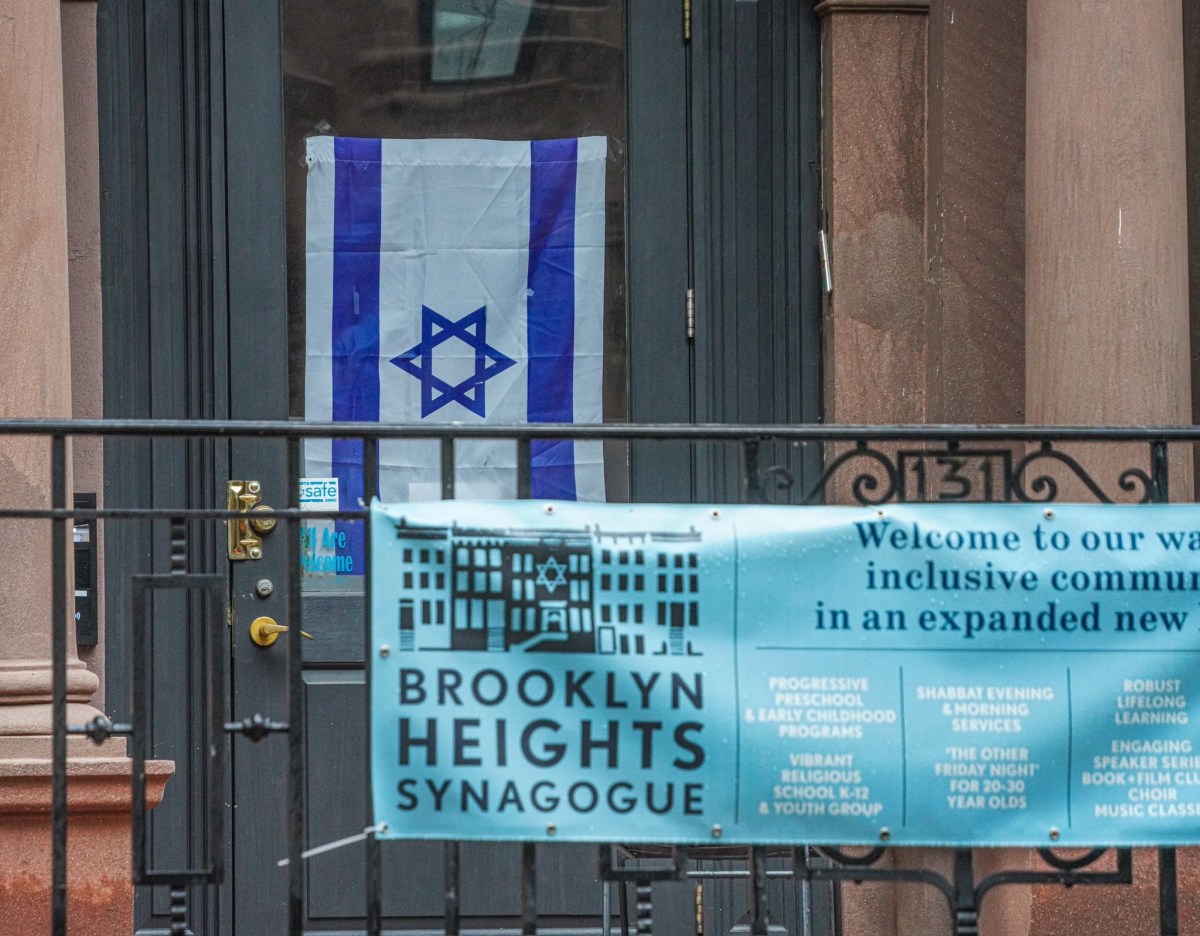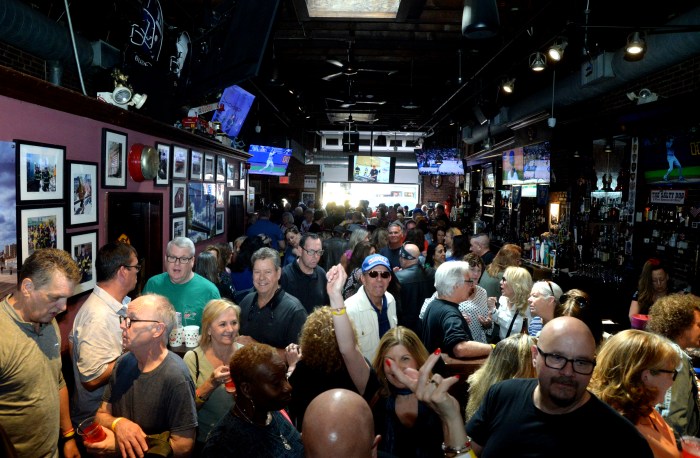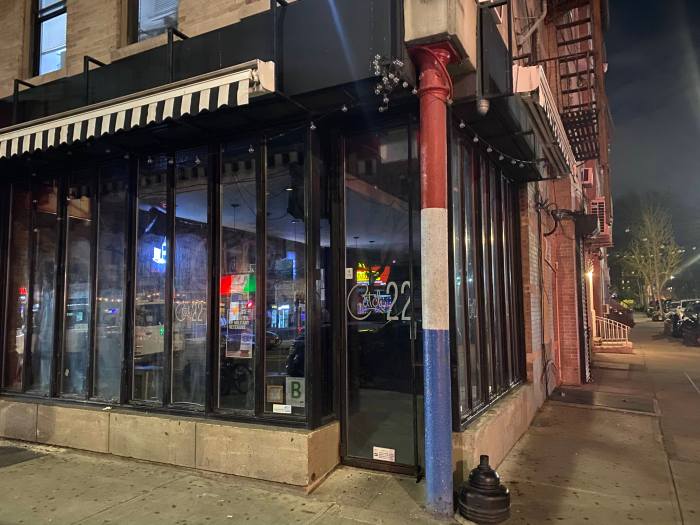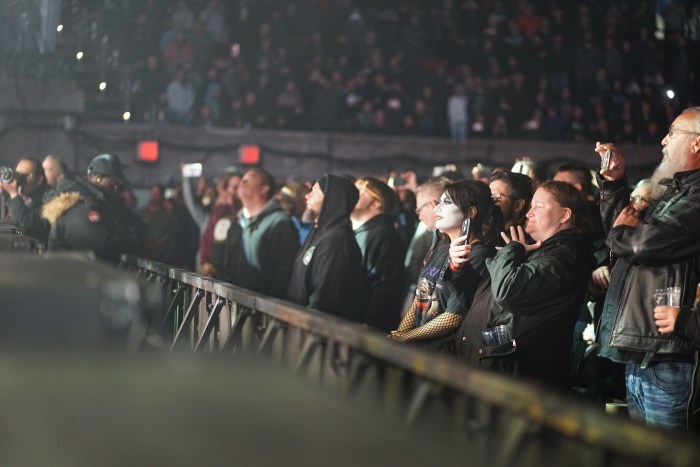The manager of a 64th street nightclub blasted residents who are demanding the state shut his karaoke bar following the stabbing outside it last week, claiming his business has helped turn a neighborhood dead spot into thriving area.
Eric Zheng, 22, defended his notorious club, Crown KTV — which has come under fire for allegedly allowing underage drinking and drug use — claiming his business has been the lynchpin in the rebirth of the area between Eighth and Ninth avenues.
“This block used to be empty. There used to be robberies,” he said during a late-night interview in a karaoke room at his club. “I think we are helping the community.”
But the local community board doesn’t think so, and the state is investigating whether the bar played a role in the early morning melee that saw five people sent to the hospital and Chun He Lin, 41, hauled off by cops.
Zheng told us that Lin got into an argument with another customer over a $500 gambling debt, so kicked them and the groups they were with out of the club. But the two men continued to fight outside, so employees told them to walk in separate directions.
As soon as the guards turned their backs, the groups rushed toward each other and the melee exploded in front of his club — which Zheng said his staff should have seen coming.
“We probably could have done better,” Zheng said. “By the time we got out there, the fight was over.”
It’s not the first time the club has let down neighbors, according to the community board.
Complaints about the club to the board have been constant, said CB10 district manager Josephine Beckmann, who claims club owners misrepresented themselves when they were negotiating their liquor license.
“They [said it would be a] family restaurant that had karaoke, but when you went inside, it looked like a nightclub,” CB10 District Manager Josephine Beckmann said last week.
Zheng, whose parents own the club, was only a teenager when he first discussed the liquor license with the community board, and admitted he may have misrepresented his intentions.
“There was a little misunderstanding when we first started,” Zheng said. “I probably said the wrong thing. I don’t even remember.”
Still, he denied charges of excessive noise, saying there are no neighbors to complain in the mostly industrial area in which the club lies, and said he suspected his competition is behind the complaints.
“There are five to six different karaoke bars around here,” he said. “Sometimes it’s the competition who make fake phone calls.”
Zheng also denied drugs are prevalent in his club, saying cocaine isn’t popular with his clientele, which is almost exclusively Chinese.
“I’ve never heard of any Asians around this area that do cocaine,” he said. “If they have something illegal, we throw them out.
The club hardly seemed like a noisy neighborhood menace when a reporter visited late Saturday night — despite the fact that a few customers illegally smoked cigarettes in the main bar area. Bored employees milled in the hallways, waiting for customers to show up to shepherd into private singing rooms, and a security guard who declined to give his name said business had taken a hit since the stabbing.
“When something like that happens, no one wants to come here,” he said.


